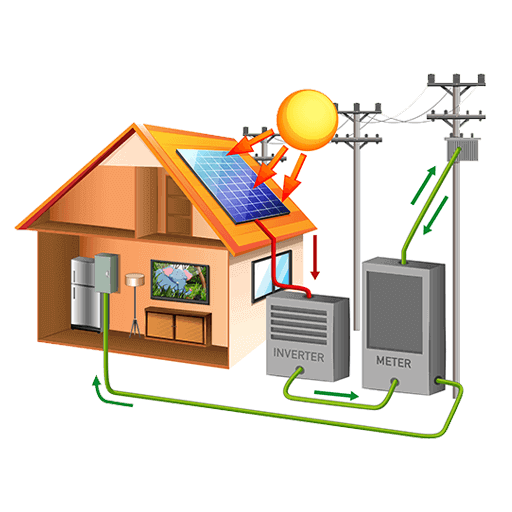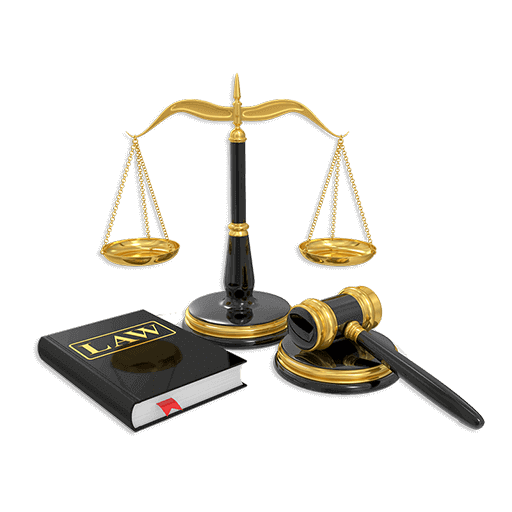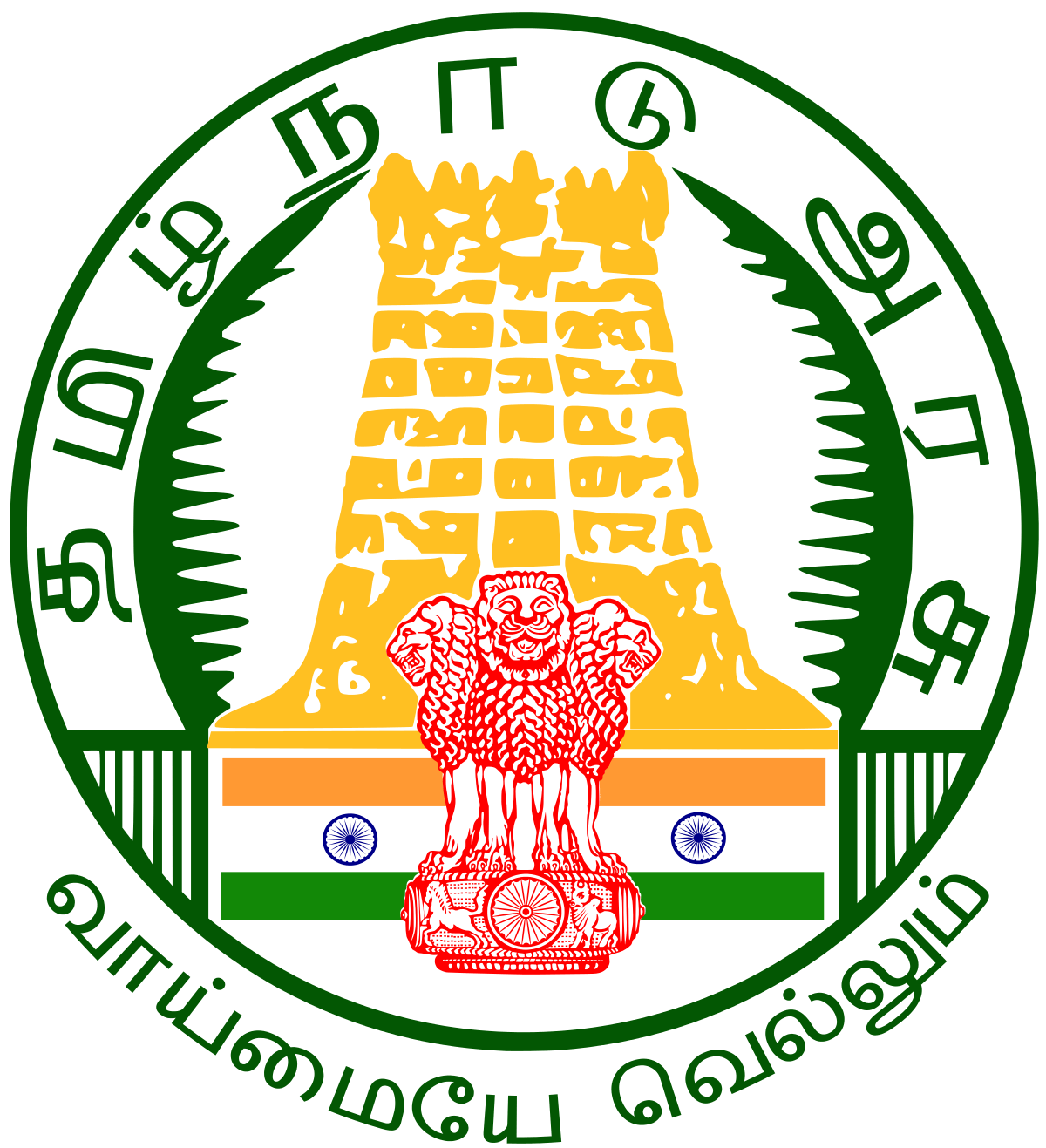- State Board
-
12th Standard
-

Biology
-

Computer Applications
-

Computer Science
-

Business Maths and Statistics
-

Commerce
-

Economics
-

Maths
-

Chemistry
-

Physics
-

Computer Technology
-

History
-

Accountancy
-

Tamil
-

Maths
-

Chemistry
-

Physics
-

Biology
-

Computer Science
-

Business Maths and Statistics
-

Economics
-

Commerce
-

Accountancy
-

History
-

Computer Applications
-

Computer Technology
-

English
12th Standard stateboard question papers & Study material
தமிழ் Subjects
English Subjects
-
-
11th Standard
-

Maths
-

Biology
-

உயிரியல் - தாவரவியல்
-

Economics
-

Physics
-

Chemistry
-

History
-

Business Maths and Statistics
-

Computer Science
-

Accountancy
-

Commerce
-

Computer Applications
-

Computer Technology
-

Tamil
-

Maths
-

Commerce
-

Economics
-

Biology
-

Business Maths and Statistics
-

Accountancy
-

Computer Science
-

Physics
-

Chemistry
-

Computer Applications
-

History
-

Computer Technology
-

Tamil
-

English
11th Standard stateboard question papers & Study material
தமிழ் Subjects
English Subjects
-
-
9th Standard
-

-

-

-

-

-

-

Maths
-

Science
-

Social Science
-

Maths
-

Science
-

Social Science
9th Standard stateboard question papers & Study material
தமிழ் Subjects
English Subjects
-
-
6th Standard
-

Maths
-

Science
-

Social Science
-

Maths
-

Science
-

Social Science
6th Standard stateboard question papers & Study material
தமிழ் Subjects
English Subjects
-
-
10th Standard
-

Maths
-

Science
-

Social Science
-

Tamil
-

Maths
-

Science
-

Social Science
-

English
-

English
10th Standard stateboard question papers & Study material
தமிழ் Subjects
English Subjects
-
-
7th Standard
-

Maths
-

Science
-

Maths
-

Science
-

Social Science
7th Standard stateboard question papers & Study material
தமிழ் Subjects
English Subjects
-
-
8th Standard
-

கணிதம் - old
-

Science
-

Social Science
-

கணிதம்
-

Maths
-

Science
-

Social Science
8th Standard stateboard question papers & Study material
தமிழ் Subjects
English Subjects
-
-
12th Standard
- CBSE Board
-
12th Standard CBSE
-

Biology
-

Chemistry
-

Physics
-

Maths
-

Accountancy
-

Business Studies
-

Economics
-

Introductory Micro and Macroeconomics
-

Computer Science
-

Geography
-

English
-

History
-

Indian Society
-

Physical Education
-

Sociology
-

Political Science
-

Engineering Graphics
-

Bio Technology
-

Entrepreneurship
-

Hindi Elective
-

Home Science
-

Legal Studies
-

Psychology
-

Hindi Core
-

Tamil
12th Standard CBSE Subject Question Paper & Study Material
-
-
11th Standard CBSE
-

Physics
-

Mathematics
-

Chemistry
-

Biology
-

Economics
-

Business Studies
-

Accountancy
-

Computer Science
-

English
-

Geography
-

History
-

Physical Education
-

Psychology
-

Sociology
-

Bio Technology
-

Enterprenership
-

Hindi
-

Home Science
-

Political Science
-

Applied Mathematics
11th Standard CBSE Subject Question Paper & Study Material
-
- 10th Standard CBSE
-
9th Standard CBSE
-

Social Science
-

Mathematics
-

Science
-

English
-

Hindi
9th Standard CBSE Subject Question Paper & Study Material
-
-
8th Standard CBSE
-

Social Science
-

Science
-

Mathematics
-

English
8th Standard CBSE Subject Question Paper & Study Material
-
-
7th Standard CBSE
-

Social Science
-

Science
-

Mathematics
-

English
7th Standard CBSE Subject Question Paper & Study Material
-
-
6th Standard CBSE
-

Social Science
-

Science
-

Mathematics
-

English
6th Standard CBSE Subject Question Paper & Study Material
-
-
12th Standard CBSE
- Free Online Test
- News
- Study Materials
-
Students
-

Stateboard Tamil Nadu
-

CBSE Board
-

Free Online Tests
-

Educational News
-

Scholarships
-

Entrance Exams India
-

Video Materials
Study Materials , News and Scholarships
-
-
Students

12th Standard Business Maths English Medium - Integral Calculus – I 1 Mark Book Back Question Paper and Answer Key 2022 - 2023 Study Materials Sep-02 , 2022
QB365 provides a detailed and simple solution for every Possible Book Back Questions in Class 12 Business Maths Subject - Integral Calculus – I, English Medium. It will help Students to get more practice questions, Students can Practice these question papers in addition to score best marks.
Integral Calculus – I 1 Mark Book Back Question Paper With Answer Key
12th Standard
-
Reg.No. :
Business Maths
Time :
00:35:00 Hrs
Total Marks :
30
-
ഽ\(\frac { 1 }{ { x }^{ 3 } } \)dx is _______.
(a)\(\frac { -3 }{ { x }^{ 2 } } +c\)
(b)\(\frac { -1 }{ 2{ x }^{ 2 } } +c\)
(c)\(\frac { -1 }{ { 3x }^{ 2 } } +c\)
(d)\(\frac { -2 }{ { x }^{ 2 } } +c\)
-
ഽ2xdx is _______.
(a)2x log 2 + c
(b)2x + c
(c)\(\frac { 2^{ x } }{ log2 } +c\)
(d)\(\frac { log2 }{ { 2 }^{ x } } +c\)
-
ഽ\(\frac { sin2x }{ 2sinx } dx\) is _______.
(a)sin x + c
(b)\(\frac12\)sin x + c
(c)cos x + c
(d)\(\frac12\)cos x + c
-
\(\int \frac{\sin 5 x-\sin x}{\cos 3 x} d x\) is _______.
(a)−cos 2x + c
(b)−cos 2x + c
(c)\(-\frac14\)cos2x + c
(d)−4cos2x + c
-
ഽ\(\frac{logx}{x}\) dx , x > 0 is _______.
(a)\(\frac12\)(log x)2 + c
(b)-\(\frac12\)(log x)2
(c)\(\frac { 2 }{ { x }^{ 2 } } +c\)
(d)\(\frac { 2 }{ { x }^{ 2 } } +c\)
-
ഽ\(\frac { { e }^{ x } }{ \sqrt { { 1+e }^{ x } } } \) dx is _______.
(a)\(\frac { { e }^{ x } }{ \sqrt { { 1+e }^{ x } } } +c\)
(b)\(2\sqrt { 1+{ e }^{ x } } +c\)
(c)\(\sqrt { 1+{ e }^{ x } } +c\)
(d)\({ e }^{ x }\sqrt { 1+{ e }^{ x } } +c\)
-
ഽ\(\sqrt { { e }^{ x } } \) dx is _______.
(a)\(\sqrt { { e }^{ x } } +c\)
(b)\(2\sqrt { { e }^{ x } } \) + c
(c)\(\frac12\sqrt { { e }^{ x } } +c\)
(d)\(\frac { 1 }{ 2\sqrt { { e }^{ x } } } +c\)
-
ഽe2x[2x2 + 2x]dx _______.
(a)e2xx2 + c
(b)xe2x + c
(c)2x2e2 + c
(d)\(\frac { { x }^{ 2 }{ e }^{ x } }{ 2 } +c\)
-
ഽ\(\frac { { e }^{ x } }{ { e }^{ x }+1 } \) dx is _______.
(a)log\(\left| \frac { { e }^{ x } }{ { e }^{ x }+1 } \right| +c\)
(b)log\(\left| \frac { { e }^{ x }+1 }{ { e }^{ x } } \right| +c\)
(c)log\(\left| { e }^{ x } \right| +c\)
(d)log\(\left| { e }^{ x }+1 \right| +c\)
-
ഽ\(\left[ \frac { 9 }{ x-3 } -\frac { 1 }{ x+1 } \right] \)dx is _______.
(a)\(log\left| x-3 \right|-log \left| x+1 \right| +c\)
(b)\(log\left| x-3 \right|+log \left| x+1 \right| +c\)
(c)\(9log\left| x-3 \right|-log \left| x+1 \right| +c\)
(d)\(9log\left| x-3 \right|+log \left| x+1 \right| +c\)
-
ഽ\(\frac { { 2x }^{ 3 } }{ 4+{ x }^{ 4 } } \)dx is _______.
(a)\(log\left| 4+{ x }^{ 4 } \right| +c\)
(b)\(\frac { 1 }{ 2 } log\left| 4+{ x }^{ 4 } \right| +c\)
(c)\(\frac { 1 }{4 } log\left| 4+{ x }^{ 4 } \right| +c\)
(d)\(log\left| \frac { { 2x }^{ 3 } }{ { 4+x }^{ 4 } } \right| +c\)
-
ഽ\(\frac { dx }{ \sqrt { { x }^{ 2 }-{ 36 } } } \) is _______.
(a)\(\sqrt { { x }^{ 2 }-{ 36 } } +c\)
(b)log\(\left| x+\sqrt { { x }^{ 2 }-36 } \right| +c\)
(c)log\(\left| x-\sqrt { { x }^{ 2 }-36 } \right| +c\)
(d)\(log\left| { x }^{ 2 }+\sqrt { { x }^{ 2 }-36 } \right| +c\)
-
ഽ\(\frac { 2x+3 }{ \sqrt { x^{ 2 }+3x+2 } } \) dx is _______.
(a)\(\sqrt { x^{ 2 }+3x+2 } \) + c
(b)\(2\sqrt { x^{ 2 }+3x+2 } +c\)
(c)log(x2 + 3x + 2)+ c
(d)\(\frac{2}{3}\left(x^{2}+3 x+2\right)^{\frac{3}{2}}+c\)
-
\(\int _{ 0 }^{ 1 }{ (2x+1) } dx\) is _______.
(a)1
(b)2
(c)3
(d)4
-
\(\int _{ 2 }^{ 4 }{ \frac { dx }{ x } } \) is _______.
(a)log 4
(b)0
(c)log 2
(d)log 8
-
\(\int _{ 0 }^{ \infty }{ { e }^{ -2x } } \) dx is _______.
(a)0
(b)1
(c)2
(d)\(\frac12\)
-
\(\int _{ -1 }^{ 1 }{ { x }^{ 3 }{ e }^{ { x }^{ 4 } } } \) dx is _______.
(a)1
(b)2\(\int _{ -1 }^{ 1 }{ { x }^{ 3 }{ e }^{ { x }^{ 4 } } } \)dx
(c)0
(d)\({ e }^{ { x }^{ 4 } }\)
-
If f (x) is a continuous function and a < c < b, then \(\int_{a}^{c} f(x) d x+\int_{c}^{b} f(x) d x\) is _______.
(a)\(\int_{a}^{b} f(x) d x-\int_{a}^{c} f(x) d x\)
(b)\(\int_{a}^{c} f(x) d x-\int_{a}^{b} f(x) d x\)
(c)\(\int_{a}^{b} f(x) d x\)
(d)0
-
The value of \(\int _{ -\frac{\pi}{2}}^{ \frac{\pi}{2}}\) cos x dx is _______.
(a)0
(b)2
(c)1
(d)4
-
\(\int _{ 0 }^{ 1 }{ \sqrt { { x }^{ 4 }({ 1-x) }^{ 2 } } } dx\) is _______.
(a)\(\frac{1}{12}\)
(b)\(\frac{-7}{12}\)
(c)\(\frac{7}{12}\)
(d)\(\frac{-1}{12}\)
-
If \(\int _{ 0 }^{ 1 }{ f(x) } dx=1,\int _{ 0 }^{ 1 }{ xf(x) } dx=a\) and \(\int _{ 0 }^{ 1 }{ { x }^{ 2 }f(x) } dx={ a }^{ 2 }\), then \(\int _{ 0 }^{ 1 }{ { (a-x) }^{ 2 } } f(x)\) dx is _______.
(a)4a2
(b)0
(c)2a2
(d)1
-
The value of \(\int _{ 2 }^{ 3 }{ f(5-x) } dx-\int _{ 2 }^{ 3 }{ f(x) } dx\) is _______.
(a)1
(b)0
(c)-1
(d)5
-
\(\int _{ 0 }^{ 4 }{ \left( \sqrt { x } +\frac { 1 }{ \sqrt { x } } \right) } \)dx is _______.
(a)\(\frac{20}{3}\)
(b)\(\frac{21}{3}\)
(c)\(\frac{28}{3}\)
(d)\(\frac{1}{3}\)
-
\(\int _{ 0 }^{ \frac { \pi }{ 3 } }\)tanx dx is _______.
(a)log 2
(b)0
(c)log\(\sqrt { 2 } \)
(d)2 log 2
-
Using the factorial representation of the gamma function, which of the following is the solution for the gamma function \(\Gamma \)(n) when n = 8 _______.
(a)5040
(b)5400
(c)4500
(d)5540
-
\(\Gamma (n)\) is _______.
(a)(n −1)!
(b)n!
(c)\(n\Gamma (n)\)
(d)(n −1)\(\Gamma \)(n)
-
\(\Gamma (1)\) is _______.
(a)0
(b)1
(c)n
(d)n!
-
If n > 0, then \(\Gamma \)(n) is _______.
(a)\(\int _{ 0 }^{ 1 }{ { e }^{ -x }x^{ n-1 } } \) dx
(b)\(\int _{ 0 }^{ 1 }{ { e }^{ -x }{ x }^{ n } } dx\)
(c)\(\int _{ 0 }^{ \infty }{ { e }^{ x }{ x }^{ -n } } \ dx\)
(d)\(\int _{ 0 }^{ \infty }{ { e }^{ -x }{ x }^{ n-1 } } \ dx\)
-
\(\Gamma \left( \frac { 3 }{ 2 } \right) \) _______.
(a)\(\sqrt { \pi } \)
(b)\(\frac { \sqrt { \pi } }{ 2 } \)
(c)\(2\sqrt { \pi } \)
(d)\(\frac32\)
-
\(\int _{ 0 }^{ \infty }{ { x }^{ 4 }{ e }^{ -x } } \)dx is _______.
(a)12
(b)4
(c)4!
(d)64
Multiple Choice Question
30 x 1 = 30
*****************************************
Answers
-
(b)
\(\frac { -1 }{ 2{ x }^{ 2 } } +c\)
-
(c)
\(\frac { 2^{ x } }{ log2 } +c\)
-
(a)
sin x + c
-
(a)
−cos 2x + c
-
(a)
\(\frac12\)(log x)2 + c
-
(b)
\(2\sqrt { 1+{ e }^{ x } } +c\)
-
(b)
\(2\sqrt { { e }^{ x } } \) + c
-
(a)
e2xx2 + c
-
(d)
log\(\left| { e }^{ x }+1 \right| +c\)
-
(c)
\(9log\left| x-3 \right|-log \left| x+1 \right| +c\)
-
(b)
\(\frac { 1 }{ 2 } log\left| 4+{ x }^{ 4 } \right| +c\)
-
(b)
log\(\left| x+\sqrt { { x }^{ 2 }-36 } \right| +c\)
-
(b)
\(2\sqrt { x^{ 2 }+3x+2 } +c\)
-
(b)
2
-
(c)
log 2
-
(d)
\(\frac12\)
-
(c)
0
-
(c)
\(\int_{a}^{b} f(x) d x\)
-
(b)
2
-
(a)
\(\frac{1}{12}\)
-
(b)
0
-
(b)
0
-
(c)
\(\frac{28}{3}\)
-
(a)
log 2
-
(a)
5040
-
(a)
(n −1)!
-
(b)
1
-
(d)
\(\int _{ 0 }^{ \infty }{ { e }^{ -x }{ x }^{ n-1 } } \ dx\)
-
(b)
\(\frac { \sqrt { \pi } }{ 2 } \)
-
(c)
4!
12th Standard Business Maths and Statistics Videos
TN 12th Business Maths Applications of Matrices and Determinants 50 Important 1 Marks Questions With
TN Class 12th 2024 Business Maths and Statistics Applications of Matrices and Determinants Study Materials TN State Board / Matriculation 12th Business Maths and Statistics Subject - Applications of Matrices and Determinants One Mark Question and Answers






 12th Standard Business Maths and Statistics Syllabus
12th Standard Business Maths and Statistics Syllabus  12th Standard Business Maths and Statistics Study Materials
12th Standard Business Maths and Statistics Study Materials 12th Standard Business Maths and Statistics MCQ Practise Tests
12th Standard Business Maths and Statistics MCQ Practise Tests 

Reviews & Comments about 12th Standard Business Maths English Medium - Integral Calculus – I 1 Mark Book Back Question Paper and Answer Key 2022 - 2023
Write your Comment